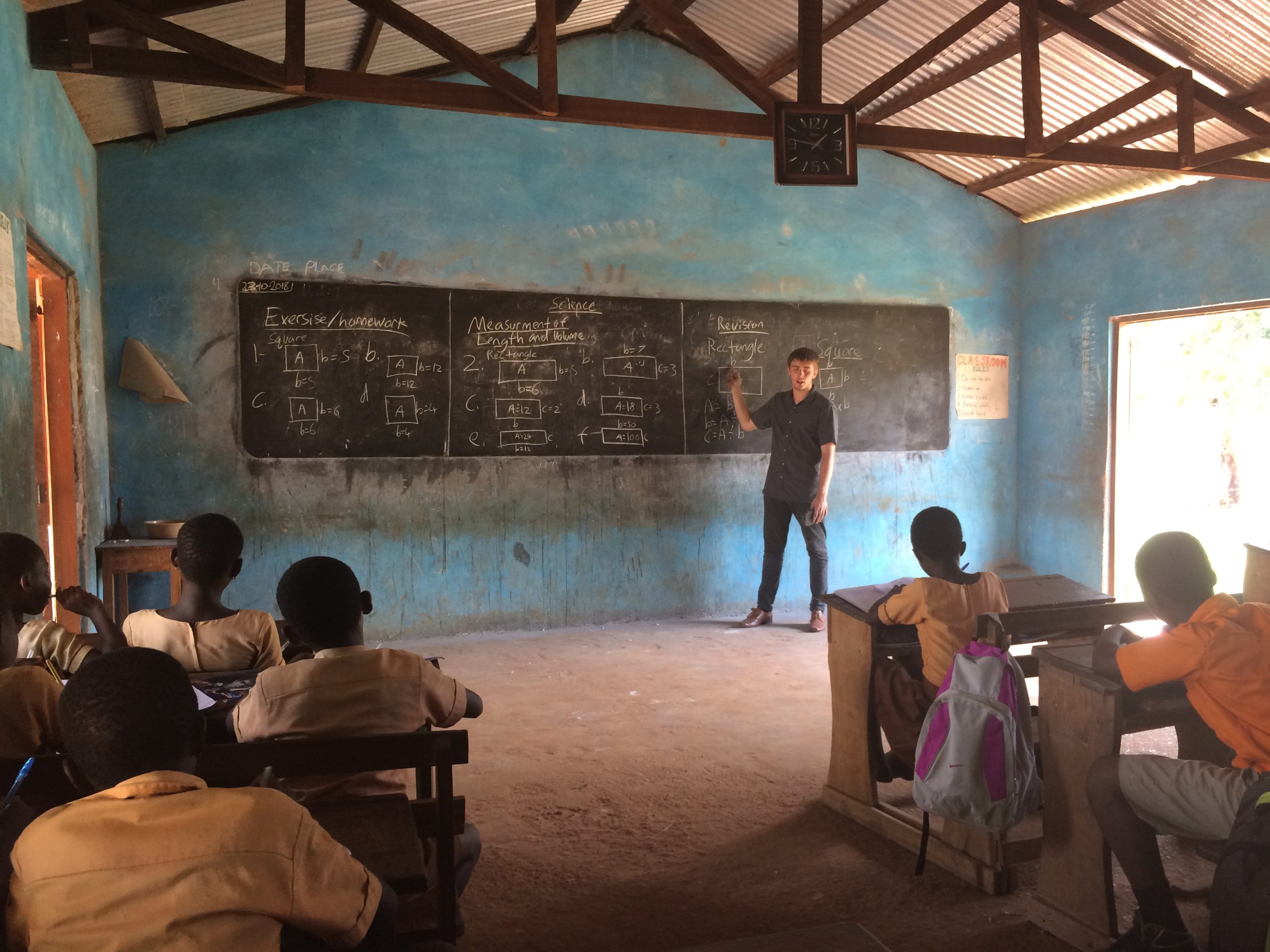There is no one way to go about your report. It’s up to you to decide what you want to include; what you see as important and interesting. It is massively important to record the friends you’ve made and the work you’ve done, and many volunteers produce fabulous scrapbooks or diaries documenting this. However, a really interesting community report should do more than just this and should contain observations, reflections and analysis on the culture and society you have lived within.
It is important to ask yourself the following:
- Have you chosen at least one defining characteristic of your community?
- How has your opinion changed over the course of you time there?
- Have you made observations, analysed those observations and offered your own opinion and reflected on it?
Some volunteers split their report into sections and talk about different aspects of their experience separately: friends, work, markets, religion, politics, food and so on. Others choose to focus on one particular aspect of the culture or project which interests them and uses this unique, in-depth experience to explore it in as much detail as possible.

